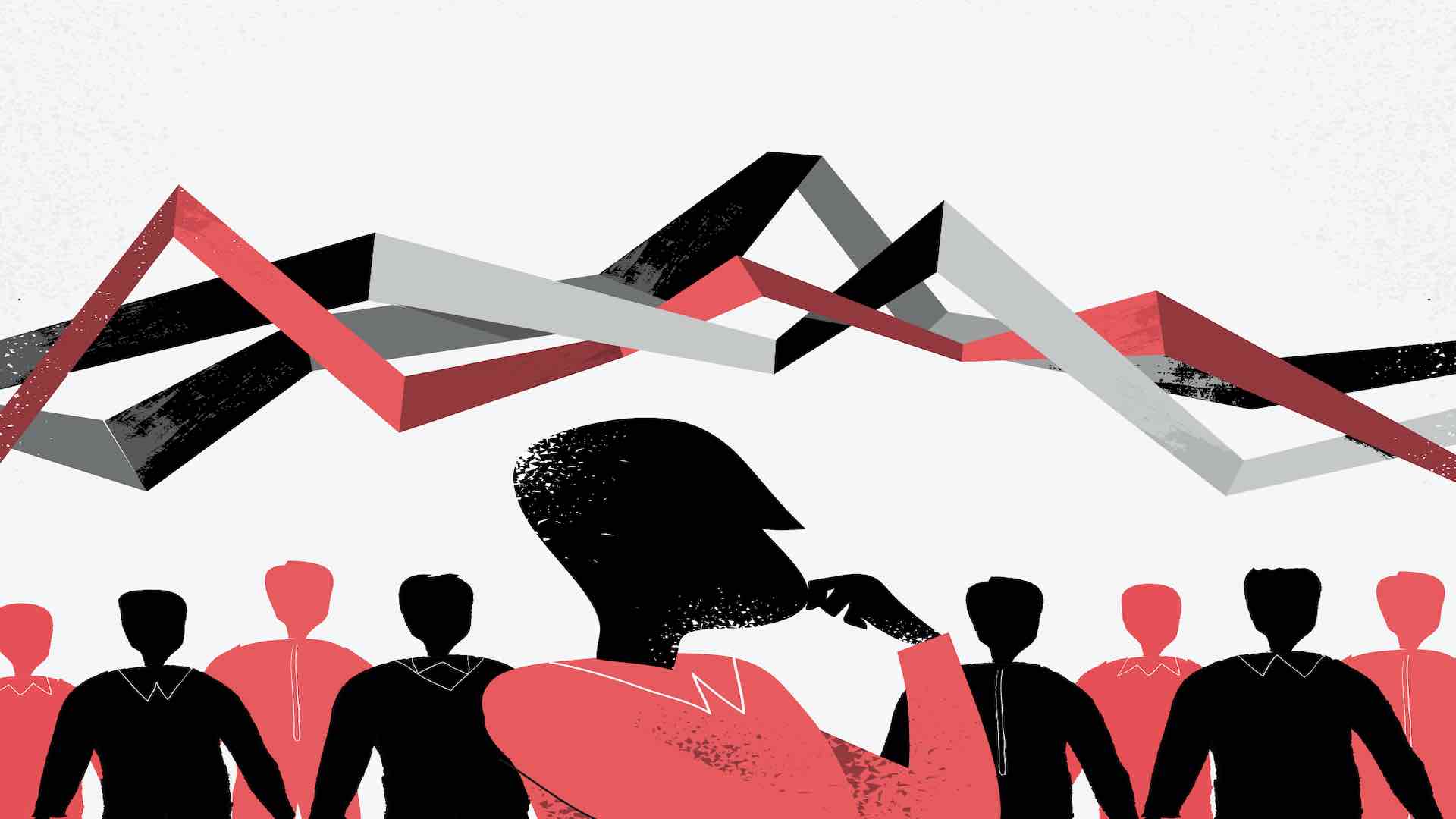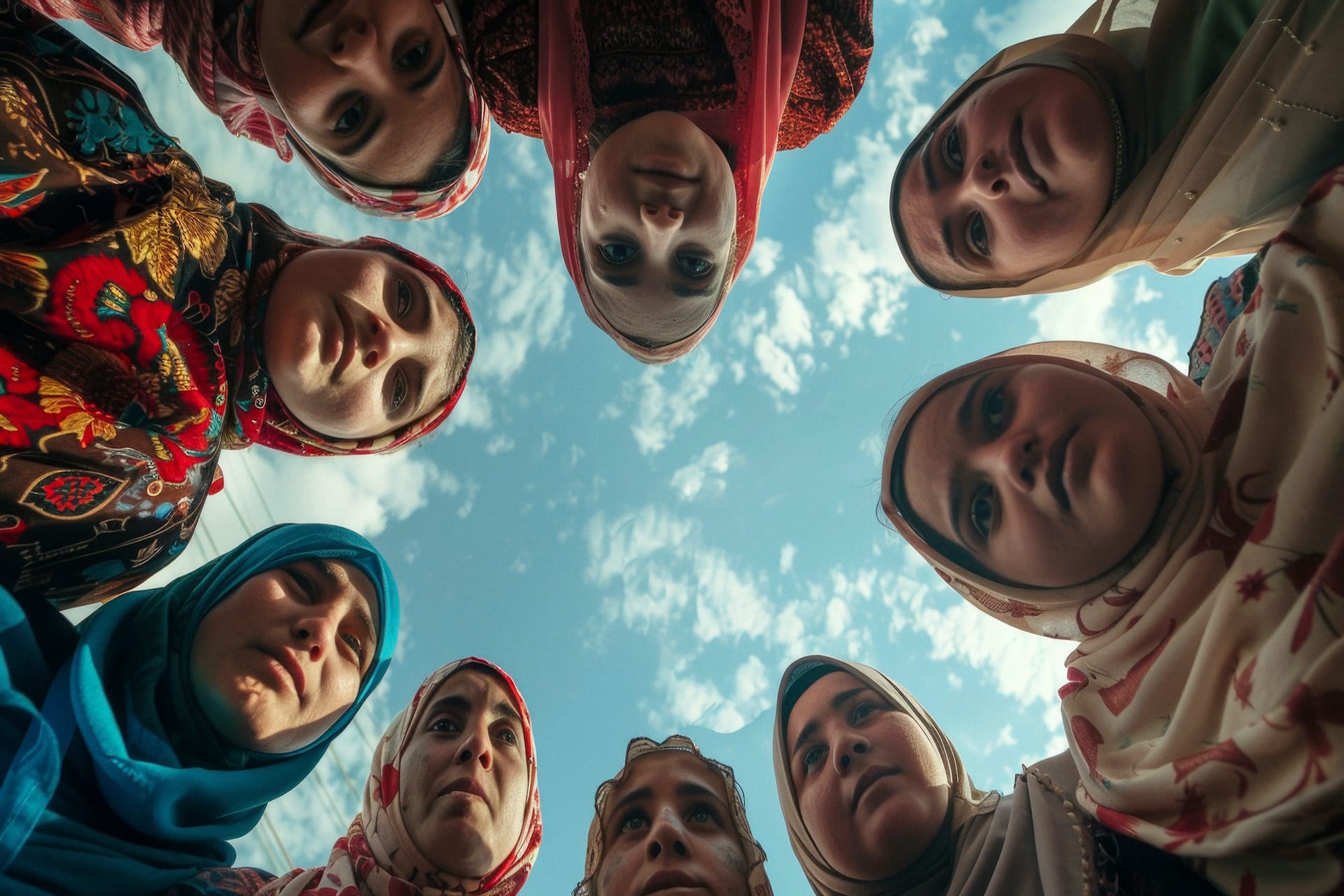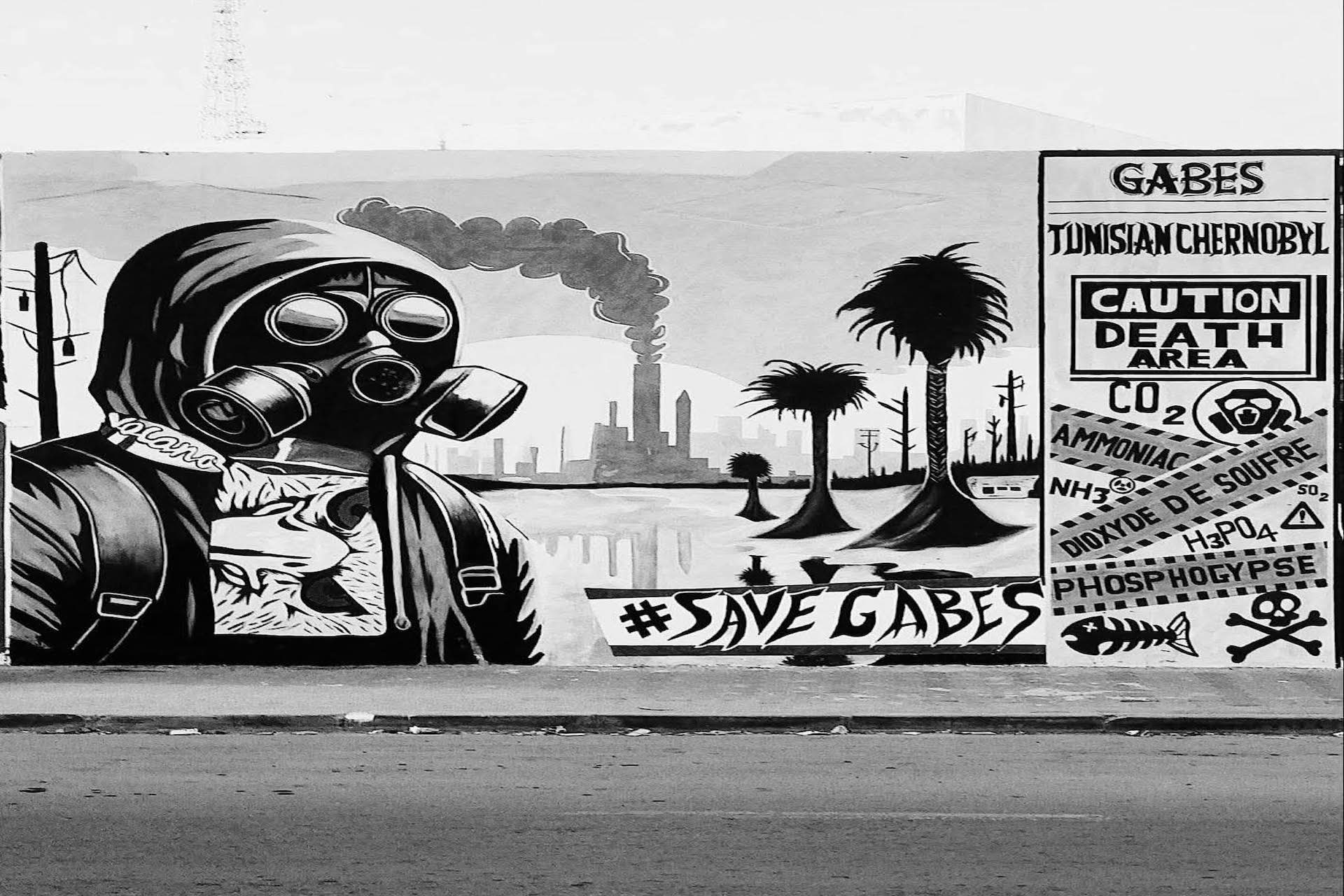Introduction: When TikTok Becomes a Playground for Exploitation
TikTok has reshaped Tunisia’s digital landscape, offering creativity, entertainment, and global connectivity. But beneath the viral videos and flashy streams lies a troubling moral collapse. Live-streams have become platforms for harassment, paid provocations, and the exploitation of both audiences and young creators.
Without clear government oversight, these practices are flourishing, leaving audiences—especially youth—exposed to online aggression, family harassment, and normalization of disrespect. This article explores the ethical, cultural, and social consequences of this crisis, with concrete examples, systemic analysis, and actionable solutions.
The Flag Incident: A Symbol of Online Provocation
One of the most notorious examples involved a Tunisian TikToker who publicly tore the national flag during a live broadcast. The streamer later revealed that this act was financially motivated, highlighting a growing trend of monetized provocation.
Key insights from the incident:
- Paid provocations: Offending cultural symbols is now a revenue stream.
- Audience exploitation: Outrage fuels donations, views, and followers.
- Normalization of disrespect: National symbols and social norms are commodified.
Internal Link: See Tunisian TikToker Flag Tax Fraud for a deeper dive into this case and its financial implications.
This incident reflects the broader economic and ethical issues explored in TikTok Tunisia 2025: Economy Unleashed, Fraud Unchecked.
Paid Provocations: Turning Ethics Into Currency
Financial incentives increasingly dictate content choices on Tunisian TikTok:
- Directed insults: Targeting rivals or public figures for payment.
- Family harassment: Relatives exposed for personal gain.
- Coordinated campaigns: Fan groups amplify harassment to reach more viewers.
Callout: Paid provocations encourage viewers to accept online aggression as normal, creating a feedback loop of unethical content.
For a detailed discussion on influencer-driven harassment, see Tunisian TikTok Scandals: Illegal Activities.
Verbal Abuse and Public Humiliation
Verbal aggression has become routine on live streams:
- Real-time insults, slurs, and threats broadcast to thousands.
- Audience participation via comments, shares, and donations reinforces toxicity.
- Streamers intentionally escalate conflicts for entertainment.
Internal Link: Learn more about coordinated abuse campaigns in TikTok Tunisia 2025: Scandals & Blockchain Fraud.
This public humiliation fosters a generation that normalizes disrespect and social aggression.
Family Exposure and Privacy Violations
Moral decay extends beyond individual creators:
- Relatives’ personal information is broadcast publicly.
- Sensitive details, including addresses and phone numbers, are shared without consent.
- Online harassment spills into real-world consequences.
External Link: For child protection guidelines online, see UNICEF Online Safety.
Agencies and Hidden Actors
Many TikTok accounts are run by agencies or teams with opaque structures:
- Pseudonyms obscure accountability.
- Revenue flows, contracts, and incentives remain hidden.
- Some influence content to shape political or commercial narratives.
Internal Link: Explore agency risks in TikTok Agencies Tunisia: Risks Explained.
This lack of transparency allows manipulation at scale, increasing ethical and legal challenges.
Government Inaction: A Critical Gap
Despite widespread abuse, enforcement is minimal:
- National symbols remain unprotected.
- Youth are exposed to harassment, sexualized content, and financial exploitation.
- Selective enforcement undermines ethical governance.
Internal Link: Compare government double standards in Injustice in Tunisia: Law 54.
This state silence signals to youth that disrespect and manipulation are acceptable online behaviors.
Psychological and Social Consequences
Prolonged exposure to toxic online environments has real effects:
- Youth learn that aggression and provocation are rewarded.
- Empathy and social sensitivity erode over time.
- Harassment becomes normalized in both online and offline interactions.
External Link: For research on online aggression impacts, see APA Digital Exposure Report.
Cultural Erosion and Social Values
The online space mirrors broader societal consequences:
- National symbols and civic values are commodified.
- Public discourse becomes dominated by spectacle over substance.
- Family and community cohesion is weakened.
Internal Link: See TikTok Tunisia 2025: Scandals, Fraud & Regulation for regulatory challenges.
Toxic Communities: The Role of Comitas
Organized fan groups (comitas) amplify toxicity:
- Defend streamers, attack rivals, and escalate harassment.
- Donations tied to loyalty reinforce negative behavior.
- Echo chambers normalize aggression and encourage monetized provocation.
Global Context: Tunisia vs. International Standards
- Similar patterns exist in Egypt, Morocco, and other MENA countries.
- Europe’s Digital Services Act enforces platform accountability.
Tunisia’s lack of oversight creates a “gray zone”, rewarding exploitation while penalizing political dissent.
Oversight and Monitoring
Current monitoring is limited:
- Interpol & Europol: Cross-border cybercrime.
- Tunisia’s ATT: Telecom oversight.
- Civil society organizations: Track harassment and exploitation.
Internal Link: For ongoing monitoring efforts, see Tunisian TikTok Scandals: Illegal Activities.
Reactive enforcement struggles to keep up with the speed of content creation.
Money, Ethics, and Government Responsibility
Monetization of provocation emphasizes the need for:
- Ethical enforcement.
- Youth protection.
- Cultural value preservation.
Unchecked, these behaviors erode public trust and social norms.
Conclusion: Rebuilding Ethics Online
Tunisia’s TikTok ecosystem reflects a moral crisis:
- Paid provocations reward unethical behavior.
- Youth and families are directly harmed.
- Opaque agencies hinder accountability.
- Government inaction fails to protect national values.
Call to Action:
- Enforce coordinated oversight and platform accountability.
- Strengthen youth protection laws.
- Promote digital literacy and ethical engagement.
Callout: Without decisive action, a generation’s moral framework risks being shaped by exploitation, disrespect, and online provocation.













